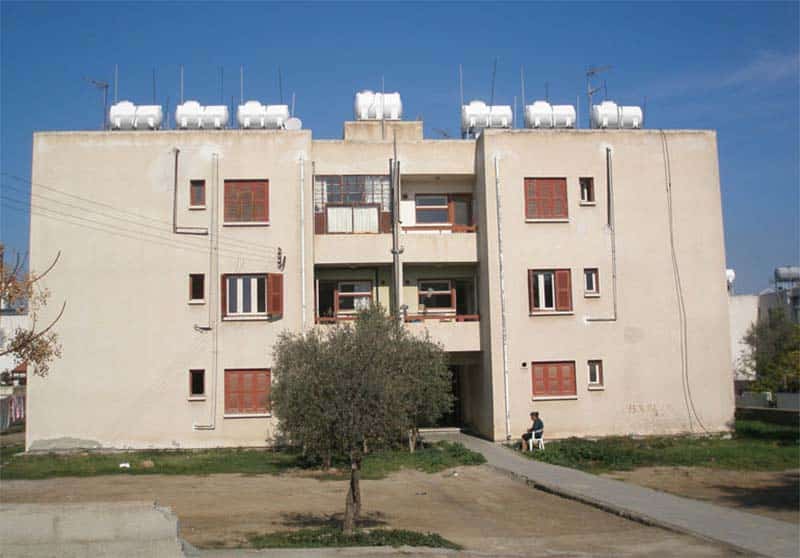MPs on Tuesday pledged to come to the aid of displaced persons who claim that creditors are moving to repossess their homes, while government officials pleaded ignorance of the issue.
A number of refugees living on government housing estates told parliamentarians of their personal experience.
Nikos Kettiros, chair of the House refugees committee, said a great deal of pressure is being applied on refugees – mainly elderly individuals – who risk losing their homes.
The Akel MP said they have asked credit-acquiring companies – who take ownership of debts from banks – to pause all foreclosure proceedings until parliament concludes its discussion of the matter.
In some cases, the creditors have initiated auctions.
But most organisations claimed they were unaware of the issue.
“We summoned the [money] funds, the Central Bank, the Refugees Welfare Service and other involved organisations, but no one knew anything,” said Kettiros.
Parliamentarians will revisit the matter in a fortnight. They’ve asked authorities to provide by then a list of all refugee homes under foreclosure or auction.
The only government authority with some knowledge of the matter was Kedipes – the state-owned asset management company.
An official with Kedipes said they’ve tracked just four cases involving foreclosure proceedings against refugees.
Financial ombudswoman Valentina Georgiadou told MPs that this year her office has received 156 petitions to suspend foreclosures on primary residences.
But that number concerns the wider public – not just refugees.
These cases include pensioners, single parents and divorced women. In the majority of cases, said Georgiadou, the courts have delivered a judgment – followed by a foreclosure notice.
In Georgiadou’s opinion, the relevant legislation has a ‘gap’ – it doesn’t make explicit when creditors must engage in loan restructuring talks with debtors.
Michalis Yiakoumi, an MP with the Dipa party, said the matter is primarily one of “justice and dignity” – rather than legal or financial.
“For five decades, displaced persons have been carrying the burden of having lost their homes and land,” he commented.
“The state has a moral and historical obligation to ensure they will not lose their homes again.”
Yiakoumi has drafted a bill which would make the right to housing a prerogative. He said his bill is modeled on the French law known as Dalo – Droit au logement opposable.
“A home is not a commodity, it is a right,” he said.






Click here to change your cookie preferences